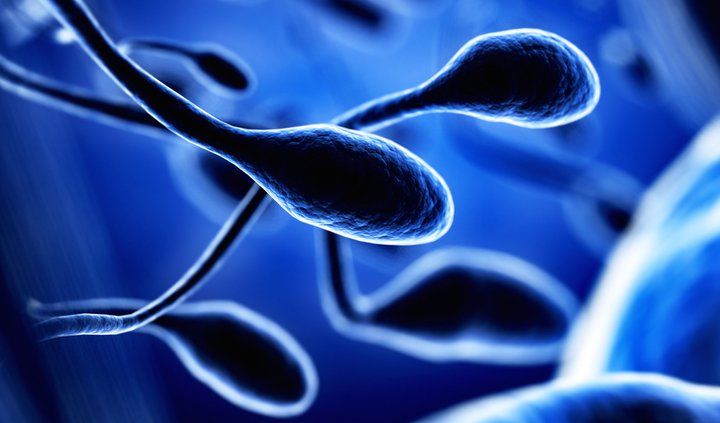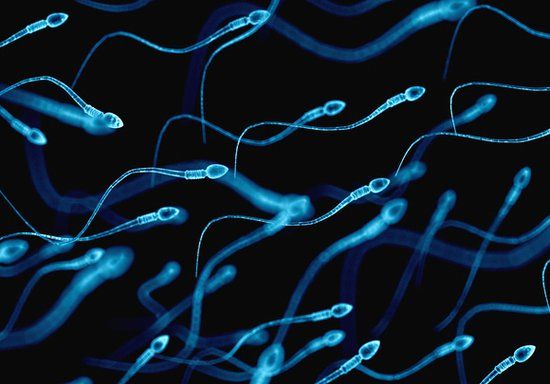
If you’ve had a failed IVF cycle despite a good prognosis, or repeated miscarriage, it could be that DNA damaged sperm is the cause.
A normal semen analysis test – which looks for sperm count, motility and morphology (shape) – won’t identify if there’s a problem with the actual DNA of the sperm, but the genetic integrity of sperm is crucial to ensure a healthy embryo and ongoing pregnancy.
It’s why factors such as multiple miscarriages, failed IVF treatments and poor embryo development could all point to an issue with sperm DNA, and so in these instances a DNA Fragmentation test is could help.
We will identify in our laboratory through this test the levels of DNA fragmentation in your sperm. If it shows that you have high levels, we would plan treatment that can help increase your chances of achieving a healthy and successful pregnancy.
This could include Surgical Sperm Retrieval using TESE method, where sperm is extracted from the testicles and then used in an ICSI cycle instead of IVF. Studies have shown testicular sperm carries less DNA fragmentation than ejaculated sperm.
We are highly specialised in treating all forms of male infertility through the expertise and skills of our Consultant Urological Surgeons Dr Stephen Payne and Dr Steve Bromage, whom you would see if you had male fertility issues. They perform Surgical Sperm Retrieval procedures at our clinic and will create your bespoke treatment.
Remember that in many cases, when a problem with sperm is found, it can be overcome with the right expertise and technique.
Read more about our specialised male fertility help in our Guide for Men. If you wish to undergo testing and treatment with us, you can make a private, free one to one appointment with our Patient Advisors as a first step by calling 0161 300 2737.
Last updated: 20th January 2020








